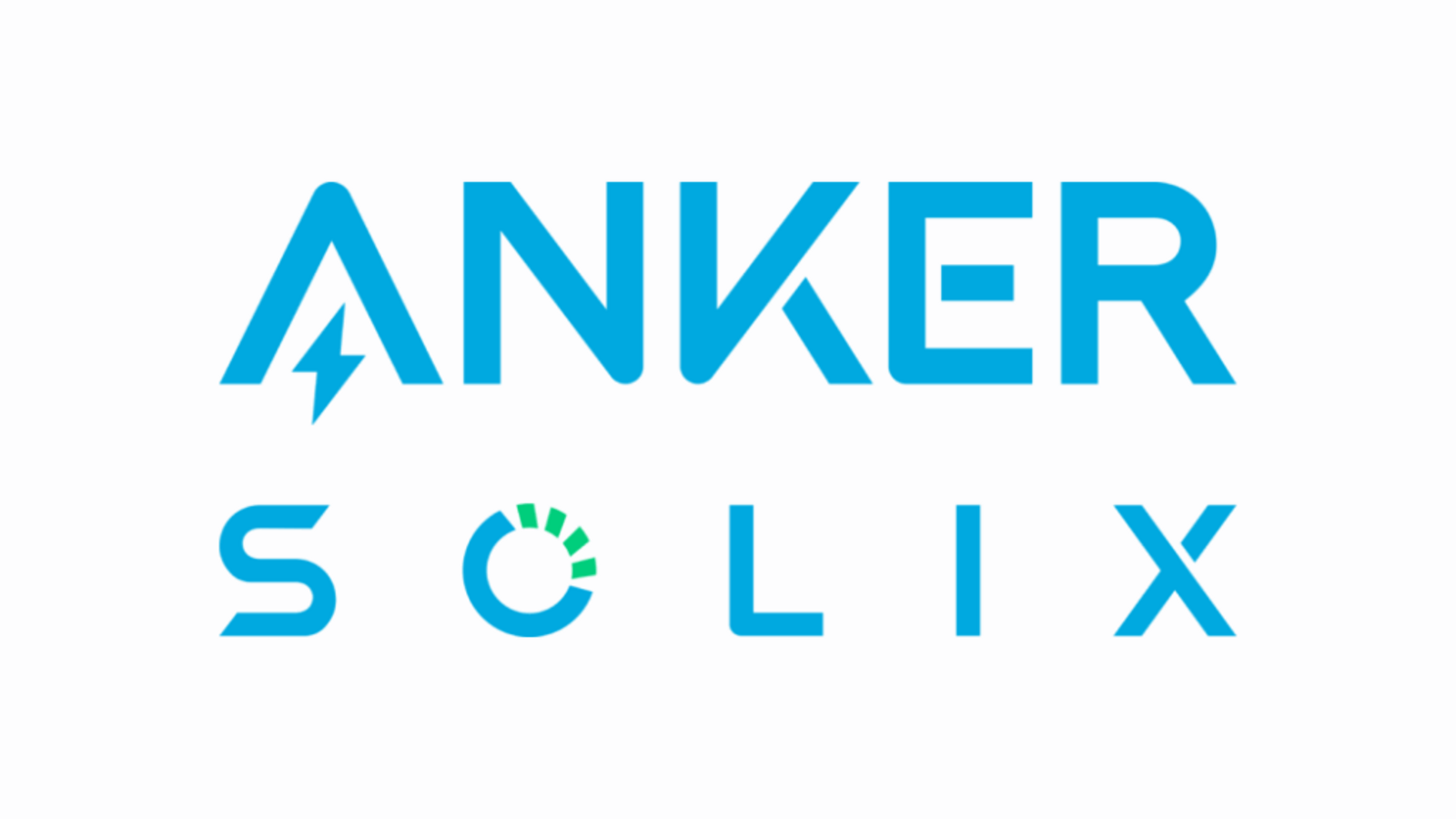Solar Hot Water System: Price, Installation Cost & Rebate Info
Wondering if a Solar hot water system could be right for you? In this guide, you'll learn how solar hot water systems work, which ones are best, how must a solar hot water system costs to install, rebate info for saving money and more. Read on to discover more!
What is a solar hot water system?
A solar hot water system is a system of solar panels that captures energy from the sun to heat your water.
Solar hot water systems differ from regular solar PV systems as they only heat water and do not generate electricity.
A solar hot water system can provide 50% to 90% of the renewable energy needed to heat your hot water. Therefore, most solar hot water systems also have an electric or gas booster that will start up on days without enough sunshine so you can always be sure that you will have hot water to supply your property regardless of the weather.
How Do Solar Hot Water Systems Work?
Solar water heaters are typically mounted on your roof and use solar collectors to trap heat from the sunshine.
Water passes through the heated solar collectors and absorbs their heat. The heated water is then transferred to a hot water storage tank for later use in showers, cooking, laundry, etc.
This type of solar hot water system can be adapted for use as a solar pool heater in winter.
Although all solar hot water systems use the same basic principles, the mechanisms can slightly differ. Therefore, it's best to understand the different types of hot water systems available to you.
- Here's a list of the 4 main types of solar hot water systems:
- Systems using flat plate collectors
- Systems using evacuated tubes
- Systems using heat pump systems
- Systems using boosted hot water systems
Flat plate collector system:
Flat plate collectors have copper pipes inside a flat panel of dark heat-absorbent glass. Heat gets trapped by the glass which heats the copper pipes inside. Water is passed through the hot pipes and then stored in a tank.
There are two types of flat plate collector systems
- Roof-mounted: where the tank is attached to your roof alongside the collectors
- Split-mounted: where the collectors are on the roof but the tank is on the ground.
Evacuated tubes system:
Evacuated tubes are made of copper pipes wrapped in vacuum-sealed glass tubes. This is different from a flat plate system as each tube is individually wrapped in glass. The copper pipes get heated by the sun which heats the water and gets sent back to a tank for storage. This system is the most efficient thanks to the vacuum-sealed tubes. However, they are also the most expensive solar hot water systems.
Solar Heat pump system:
Solar heat pumps use solar energy to power a heat pump that draws heat from the air. The hot air is used to heat your water. These solar hot water systems are mainly used as a supplement to your grid-connected home as they use a small amount of electricity. However, they use less electricity than a traditional hot water system.
Boosted hot water system:
As mentioned before, most solar hot water systems are boosted systems. They have an extra power pack that turns on in inclement weather and regularly checks that your stored water is hot enough. If not, the booster system will kick in and raise the temperature of the water.
Looking for a Solar Quote or the cheapest Solar Panel Installation?
Click now or call our providers to find the cheapest deal for your needs!
Best Solar Hot Water System Australia
The best and most efficient type of solar hot water system is an evacuated tube system. However, this is also the most expensive system.
In general, all of the best solar hot water systems will have a built-in booster.
Here is a list of the most popular solar hot water systems in Australia:
- Beasley solar hot water
- Bosch Heat pump
- Dux Solar Hot Water & Heat pump
- Eco smart Solar Hot Water
- Edson Solar Hot Water & Heat Pump
- Edwards solar hot water
- Envirosun Solar Hot Water & Heat pump
- Quantum heat pump
- Rheem solar hot water & Heat pump
- Rinnai flat plate solar hot water
- Sanden Eco heat pump
- Solahart Solar Hot Water & Heat pump
- Stiebel Eltron heat pump

Anker Solix offers reliable solar panels, along with batteries and generators to keep your home powered on or off the grid. Their scalable battery systems and portable solar generators make it easy to capture and store solar energy for everyday use or backup needs.
Average Solar Hot Water System Cost in Australia
The average solar hot water system cost in Australia is between $3,000 and $7,000 upfront for a new system including installation.
However, solar hot water system prices vary depending on the type of solar hot water system you choose.
For example, roof-mounted tank systems are typically less expensive than purchasing a split system. Likewise, systems that use an electric booster are usually cheaper than systems that use a gas booster.
To give you an idea of how much each type of hot water system costs, we would like to show you a comparison between the cost of solar hot water systems and traditional hot water systems.
The table below shows the average hot water system cost in Australia for solar hot water systems vs traditional water heaters:
| Type of hot water system | Average min. price | Average max. price |
|---|---|---|
| Solar – Roof Mounted (electric boost) | $3600 | $4800 |
| Solar – Split System (electric boost) | $3900 | $6000+ |
| Solar – Split System (gas boost) | $4900 | $6800+ |
| Heat Pump | $3300 (160 L) | $4600 (315 L) |
| Electric – Storage | $450 (25 L) | $1900 (400 L) |
| Electric – Instant | $660 | $1400 |
| Gas – Storage | $850 (135 L) | $1700 (360 L) |
| Gas – Instant | $750 | $1800 |
Source: australianhotwater.com.au
As you can see, the cost of a solar hot water system tends to be 4 to 6 times higher than the price of a traditional hot water system.
However, it’s important to remember that additional costs such as installation, repositioning your hot water system, or switching energy types can increase how much you pay upfront for a new system regardless of its type.
Solar Hot Water Installation Cost
Solar hot water installation costs can range from $2,500 to $6,000. However, the total installation cost depends on many factors.
Here's a list of factors that affect the cost of solar hot water installation:
- System Size: Dependent on size of home and household
- Type of Booster: Gas boosters tend to be more expensive than electric boosters
- Regional Location: Prices differ by state, and colder areas require more efficient & expensive systems
- Installation type: Split systems usually cost more as they are installed in separate locations
- Roof Type & Access: High pitched roofs make for more difficult installations
You should always ask for multiple quotes from different installers before deciding on a company as prices can also vary by installer.
Looking for a Solar Quote or the cheapest Solar Panel Installation?
Click now or call our providers to find the cheapest deal for your needs!
How to Install a Solar Hot Water System
If you want to install a solar hot water system at your property, it’s important to find an accredited installer.
Many of the solar hot water rebates are only available if the system is installed by an accredited installer from the Clean Energy Council list. Also, you will want to ensure your solar hot water system is properly installed.
We recommend you get several quotes from different installers. Regardless, of the installer you choose, the process for installing a solar hot water system will be the same on installation day.
Here are the steps to installing a solar hot water system:
- Mount the solar collectors on the roof
- Install water storage tank and heat exchanger
- Install pipes to transfer fluid
- Install water transport pipes
- Install the controls system
- Insulate the entire system
Solar Hot Water System Rebate Options
There are several solar hot water rebates to help reduce the cost of purchasing and installing a new solar hot water system, encouraging the adoption of renewable energy solutions.
These include:
- Federal government STC rebates
- State-backed solar rebates
Small-scale Technology Certificates
There are many rebates for solar panels and solar batteries, but there are fewer rebates for solar hot water systems. The STC systems offers both.
The Small-scale Technology Certificate Scheme is a federal incentive to assist residential households with the cost of small-scale (under 100kWh) renewable technologies in an effort to reach the renewable energy target.
Households receive a set number of these certificates (STCs), which are calculated based on the size of the hot water system, the number of years until the STC scheme is phased out, and the solar zone where the hot water system is installed. STCs can then be sold to buyers through an open market at a negotiable price, or through the STC Clearing House at approximately $40 per certificate.
State-backed Solar Hot Water System Rebates
Here's a list of Solar Hot Water System Rebates offered in each state:
- Queensland: State-backed interest-free loans & $200 from energex for adding their system to an economy tariff.
- New South Wales: No state-backed solar hot water heater rebates
- Victoria: Solar Homes Program offers a $1k rebate & Victorian Energy Upgrade Scheme offers up to $700.
- Western Australia: Solar Hot Water Heater Subsidy Scheme (closed to new applicants)
- South Australia: REES: Retailer Energy Efficiency Scheme offers up to $2k & Adelaide City Government offers $1k rebate.
- Tasmania: Tasmanian Energy Efficiency Loan Scheme (closed to new applicants
- Northern Territory: Smart Energy Grants program
How much can I save on my energy bills with a solar hot water system?
Water heating alone accounts for around 25% of the average Australian household’s energy usage. If your annual energy bill is $1,200, that’s $300 a year just on hot water!
If you live in a warm climate, switching to a solar hot water system could deliver anywhere from 50% to 90% of your water-heating needs from the sun alone thereby reducing the cost of your hot water. Therefore the cost to heat your water would also be cut from 50% - 90%. With a rebate you could save even more.
Another benefit to the solar method is that apart from heating your water, solar panels trap energy like wind turbines and hydroelectric systems, and can be used for electricity as well. Depending on your setup and if you generate more energy than you consume, you could be eligible for a solar feed-in tariff which could save you even more money.
Common Problems With Solar Hot Water Systems
It’s important to keep up with regular maintenance of your solar hot water system, in order for it to run efficiently and remain operational for many years to come. Sometimes, however, issues may arise. You can find a list of the most common problems with solar hot water systems and ways to fix them, here. It’s important to remember that if you’re having problems with your hot water system, it’s best to leave it to be fixed by a professional.
| Problem | Solution |
|---|---|
| My solar hot water system is not producing hot water | Ensure the panels are correctly positioned to receive the most sunlight, and that they are clean and free from debris. You can also check the thermostat to make sure it’s set correctly, and ensure the sensor wires are connected properly. |
| My solar hot water system is making weird noises | Check to be sure there is no sediment debris or deposits in the pump. You can also check the bearing and apply lubricant if necessary. If these don’t fix the issue, you might need to replace the pump. |
| Fluid is leaking from my hot water system | Check for any loose connections or broken pipes. Make sure the temperature or pressure valve is working correctly or replace it with a new one. You can also check that there is no broken glass from your collector, and adjust the thermostat to reduce pressure on the system. |
| My solar hot water heater stopped working | If your system stops working, it’s probably due to a loose connection. Trace the wire to the loose connection, cut out the defective piece of cable, and reconnect the cables. |
| My solar panels are having problems | If your panels are broken, you might need to replace the glass or the entire solar panel. Check to ensure the coating or absorber paint isn’t deteriorating and repaint if necessary. If condensation is collecting on the glass, create a small hole on the bottom of the panel. |
*Always contact a certified and experienced solar panel installer for maintenance or repair. To repair your solar hot water system on your own is to do so at your own risk.
Retrofitting solar hot water systems
If your current electric or gas hot water system is still working smoothly and still has a long life left, there are solar hot water retrofit kits available. These kits can turn your home into a gas or electric boosted solar hot water system, utilizing your current hot water system to reduce your electricity or gas consumption and greenhouse gas emissions without the cost or hassle of a completely new system. If you have a biomass heater for your water, these kits may not work for you.
More about Renewable

Green Loans for Healthcare Providers: Save on Solar, EVs & Energy

Wind Energy, Wind Turbines, and Wind Power in Australia

Biomass Energy and Biogas in Australia

Hydroelectricity & Hydropower in Australia

Green Gas: What Is It and Can You Use It at Home?

Green Energy: What It Is and Why It Matters

Smart Lighting Systems in Australia
Frequently Asked Questions: Solar Hot Water Systems
What is a solar hot water system?
A solar hot water system uses rooftop panels (collectors) to capture sunlight and heat water, typically supplying 50–90% of your hot water energy needs. Most systems include a booster (gas or electric) for cloudy days or high demand.
What are the main types of solar hot water systems?
The main types are flat plate collector systems (roof- or ground-mounted), evacuated tube systems (most efficient and best for cold climates), split systems (flexible tank placement), and heat pump systems (extract heat from air rather than sunlight). All can include electric or gas boosters.
How much does a solar hot water system cost in Australia?
Solar hot water systems generally cost $3,000–$7,000 installed. Flat plate collector systems tend to be cheapest ($3,000–$5,000), evacuated tube and split systems are higher ($4,000–$8,000), but all offer significant long-term energy savings and government rebates.
Which system is best for my home/climate?
Flat plate collectors suit sunny, warm regions like Queensland or WA. Evacuated tube systems are best for cold/frosty areas, with superior insulation and efficiency. Split systems are ideal for large families or homes needing the tank on the ground. Heat pumps are flexible for most climates and shaded roofs.
Are rebates or incentives available for solar hot water?
Yes! The federal Small-scale Technology Certificate (STC) scheme and various state rebates can reduce upfront costs by hundreds to thousands. Eligibility and rebate size depend on system type, certificate value, and your location.
How much can I save on my energy bills with solar hot water?
Solar hot water can cover up to 90% of your household’s hot water needs, cutting heating bills by $200–$500+ per year, especially for larger or all-electric homes. Savings depend on sunlight, household size, and backup usage.
What maintenance is needed for solar hot water systems?
These systems are generally low-maintenance but require regular cleaning of collectors, occasional valve or insulation checks, and periodic professional inspections (every 2–3 years) to maximize efficiency and lifespan.
Click below to find a better deal for your home!

